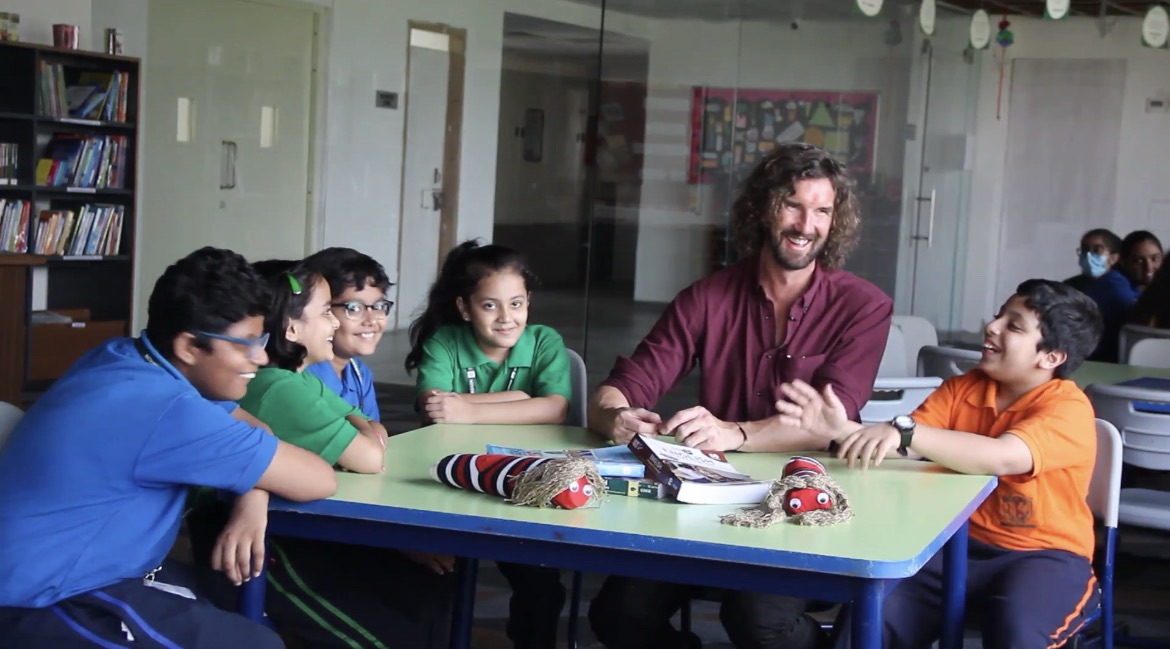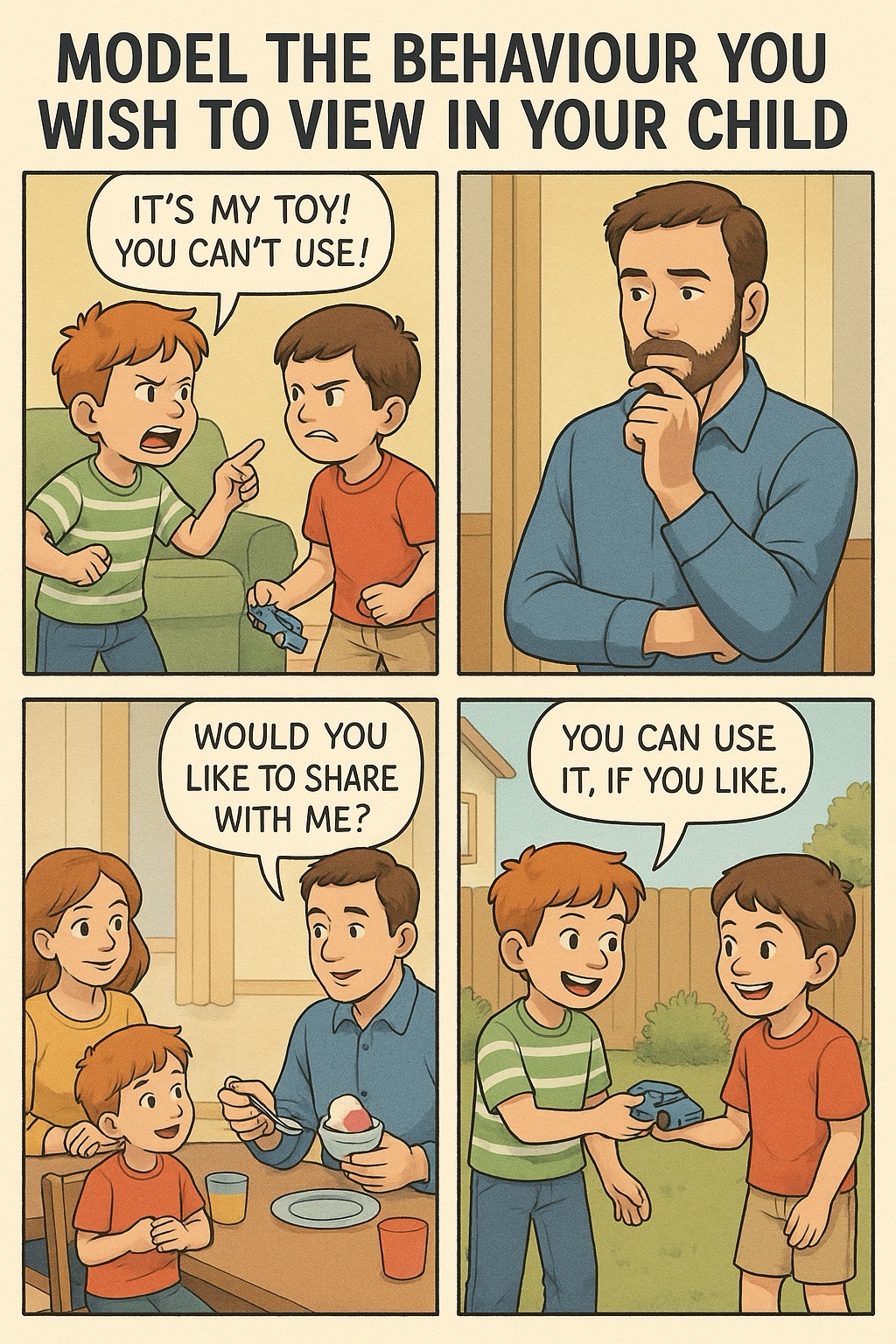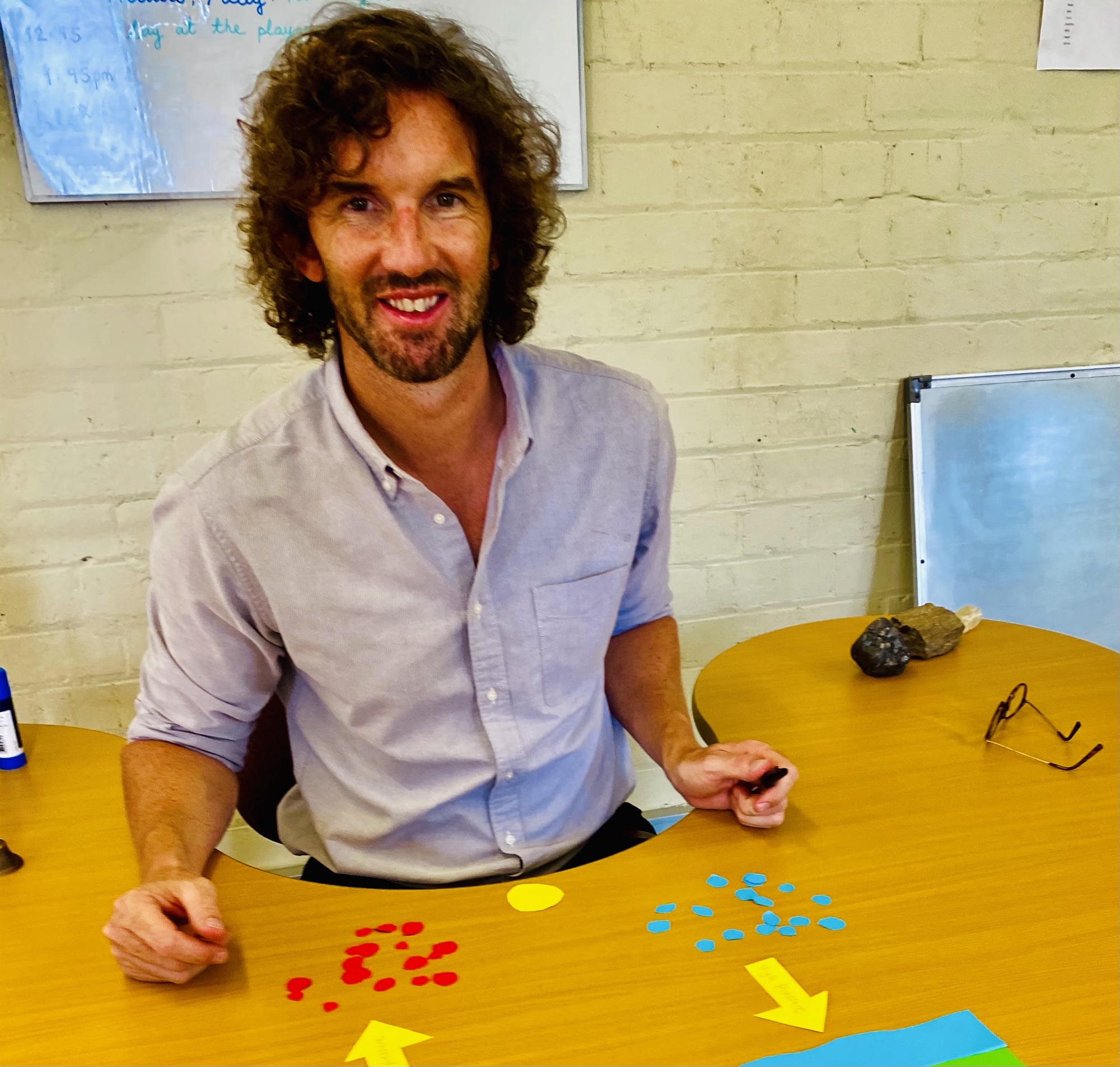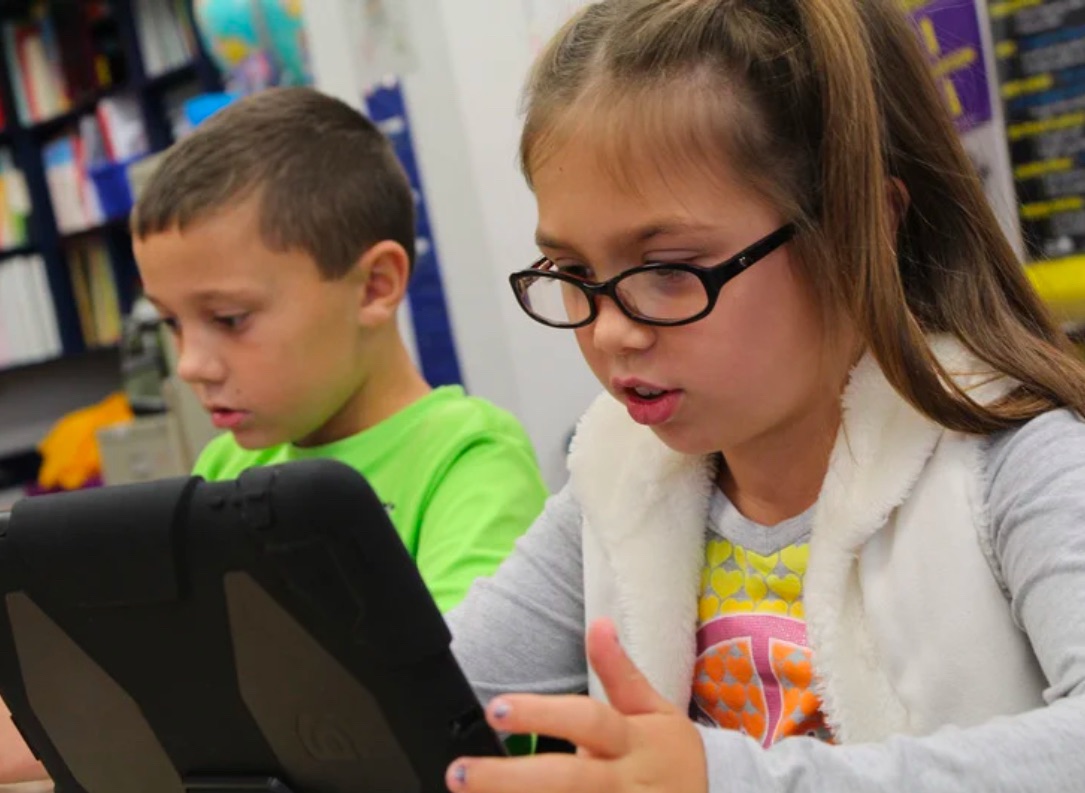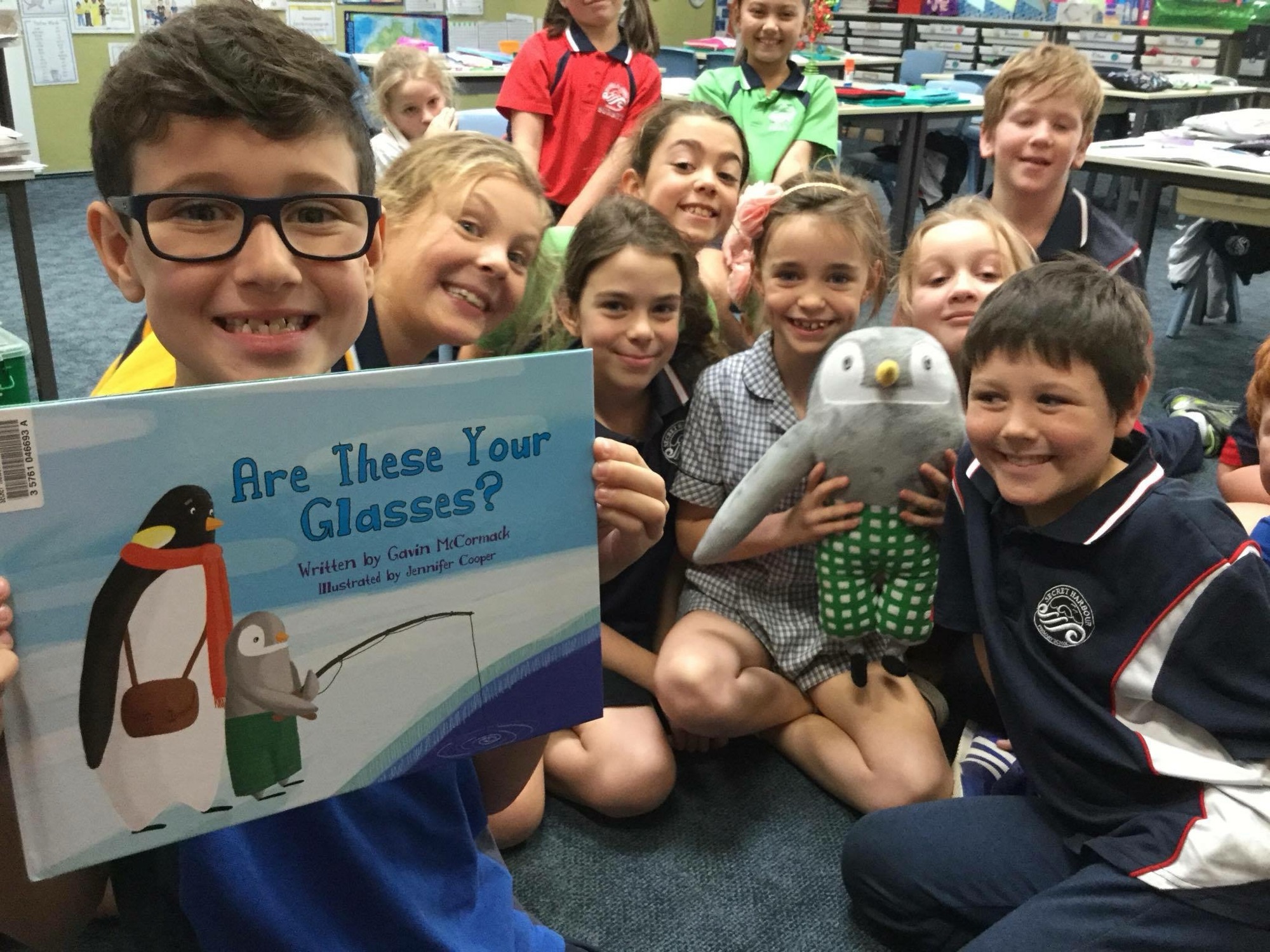In recent years, a concerning trend has emerged across the educational landscape: school refusal. Students are increasingly disenchanted with an education system that seems more focused on passing exams than fostering genuine learning and intellectual curiosity.
This systemic issue is not merely a failure of individual schools but a reflection of governmental priorities that have historically emphasised quantitative success—like exam scores and school rankings—over the qualitative aspects of education.
The root of this problem lies in the traditional educational model, which prioritises rote learning and textbook work. This approach is often driven by the desire to enhance a school’s reputation and attract more enrolments, which in turn can increase funding and resources. This model not only serves to expand the educational institution’s infrastructure but also often results in significant financial benefits for top administrators.
Meanwhile, students, who are astute and discerning, recognise the underlying motivations and feel increasingly alienated from the educational process.
Governments have a crucial role to play in shifting this paradigm. By re-evaluating funding structures and accountability measures, they can encourage schools to adopt more holistic and emotionally engaging teaching methods. Instead of rewarding schools solely based on academic performance metrics, government policies should incentivise practices that foster emotional connections between students and their studies.
Emotional engagement in learning is pivotal. When students connect emotionally with their educational content, they are more likely to be motivated, retain information, and develop a lifelong love for learning. For example, project-based learning and interdisciplinary studies could replace some traditional methods, allowing students to engage with complex problems and develop solutions that have real-world applications.
This not only makes learning more interesting and relevant but also helps students develop critical thinking and creative problem-solving skills.
Moreover, governments should support professional development programs that equip teachers with the tools to create emotionally resonant learning experiences. This includes training in emotional intelligence, culturally responsive teaching, and the integration of arts and technology into the curriculum.
Teacher training courses such as This can assist schools and teachers in their plight.

If we want our children to be eager about going to school, we need to ensure that their education is meaningful. Governments must take the lead in transforming our educational systems to focus on the holistic development of all students. Only then can we hope to rekindle the joy of learning in our young people and prepare them for the challenges of the future.
This shift is not just about improving educational outcomes; it’s about respecting and nurturing the emotional well-being of the next generation.
For courses that can assist your school in implementing these methods visit www.upschool.co


